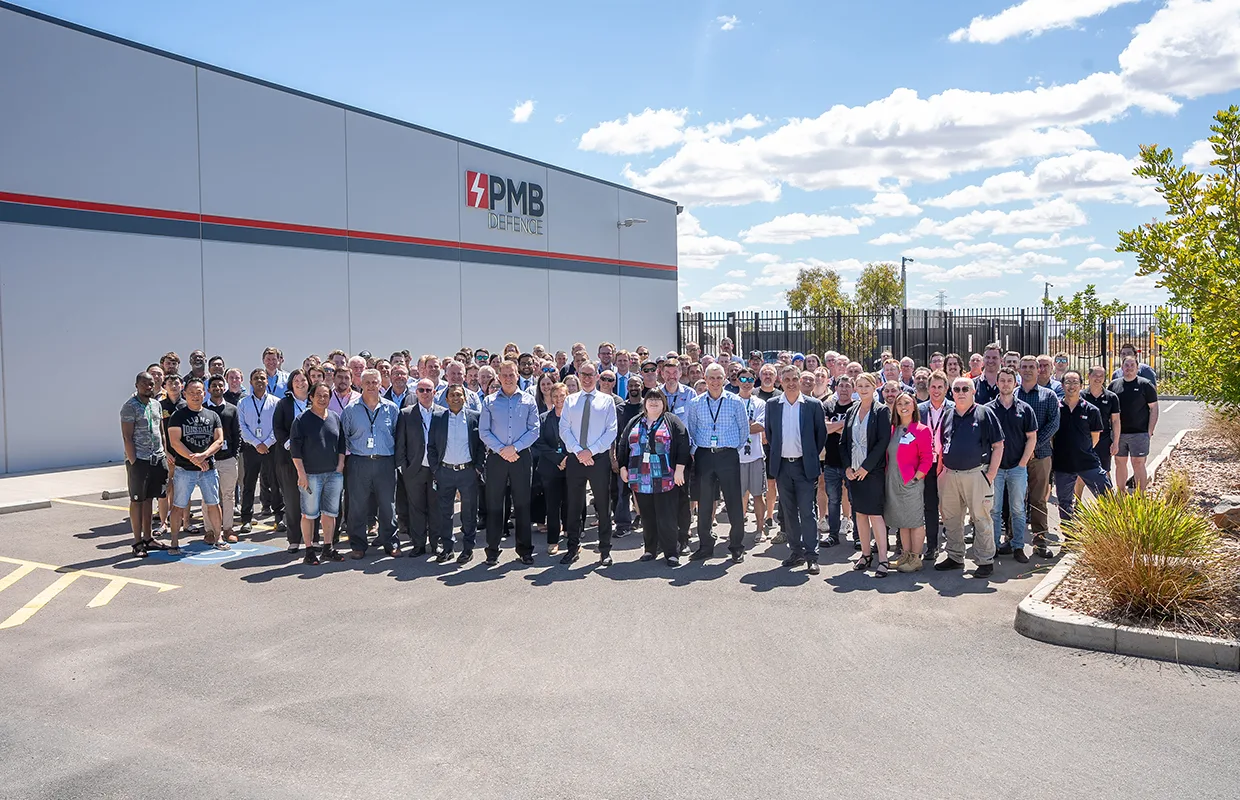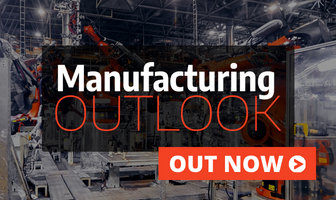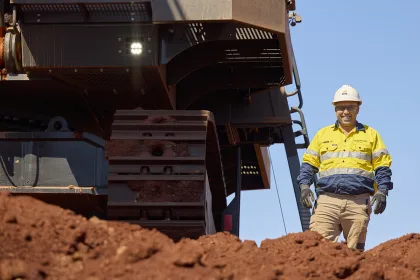Supplying superior battery systems for world-class submarines, PMB Defence sets itself apart through its niche product knowledge and reputation for engineering excellence. We take a deep dive with Stephen Faulkner, CEO.
SUBLIME SUBSEA CAPABILITIES
As the defence environment in Australia undergoes a period of significant change, particularly in terms of policy, companies operating in this space must constantly evolve to remain ahead of the curve.
PMB Defence (PMB), a world-leading defence manufacturer with a core focus on submarines, is currently in the early stages of a generational change in sovereign capability.
“Overall, it’s an exciting time to be a manufacturer in this industry,” opens Stephen Faulkner, CEO.
Specialising in submarine battery systems and associated products and services, PMB’s current customer base includes naval forces across Australia, the UK, Canada, and Sweden.
Its products include main storage batteries for conventional submarines, back-up batteries for nuclear submarines, battery management systems, technical support, and sustainment services.
The company’s overall aim is to assist customers in maximising the overall performance of their batteries and, therefore, their submarines.
“Our single focus has been the submarine domain. This makes us unusual as most entities that supply submarine battery systems focus on the wider battery market,” he informs.
Employing around 200 people across its two sites – the Osborne Naval Shipyard precinct in Adelaide, Australia and a smaller nickel-zinc (NiZn) manufacturing facility in Ebbw Vale, Wales – PMB is well placed to serve international markets.
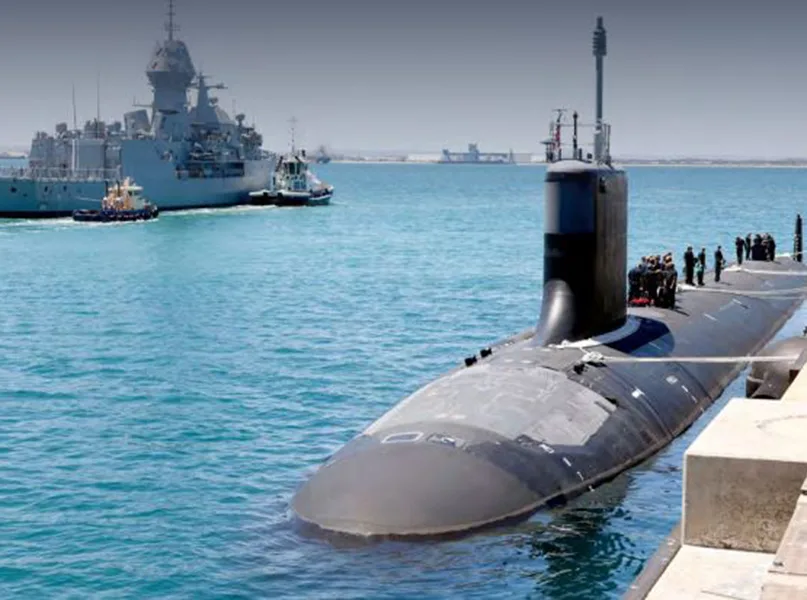
10 YEARS OF EVOLUTION
A decade ago, PMB’s core focus was delivering supplies to the Royal Australian Navy’s Collins-class submarines whilst positioning itself for success on the Australian Future Submarines (AFS) programme, one of the largest capability acquisition initiatives in the country’s history.
“Both these endeavours significantly grew our sovereign capability, meaning that by the time bidding into AFS came about, we were confident in our ability to deliver a superior outcome to the selected designer,” Faulkner details.
Work on the early stages of lithium battery development in Sweden, meanwhile, further bolstered the company’s credibility.
At the same time, it was developing an exclusive understanding of the challenges associated with designing, building, and maintaining a system for the unique Australian mission profile.
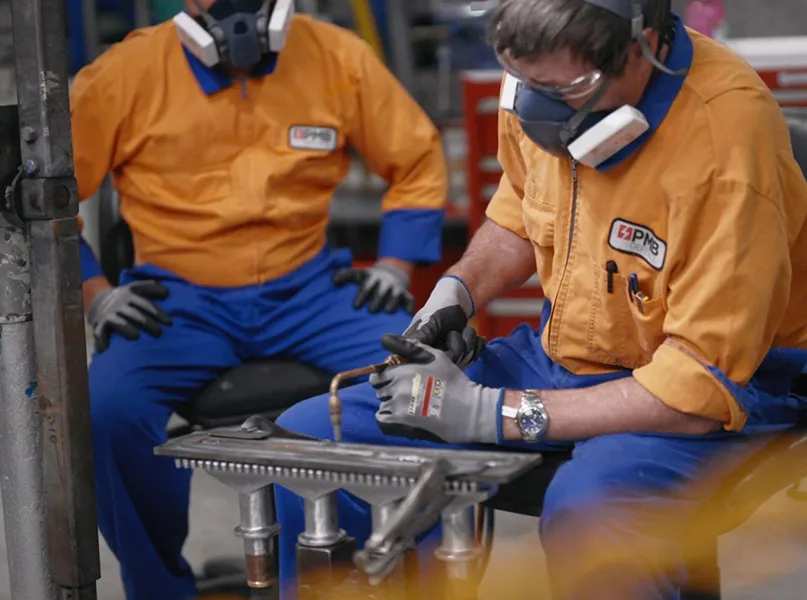
During this period, opportunities also arose to gain new capabilities, with the company acquiring NiZn battery equipment, intellectual property (IP), and in a separate transaction, designs and equipment for various export markets.
“Establishing these new capabilities, in both Wales and Australia respectively, occurred largely during the COVID-19 pandemic, which amplified the difficulties involved. However, our teams did well to navigate these,” he prides.
Since then, PMB has successfully delivered products to a diverse range of customers inherited over the course of this period and won further contracts in an increasingly competitive market environment.
As such, its production volumes have grown approximately fourfold over the past five years.
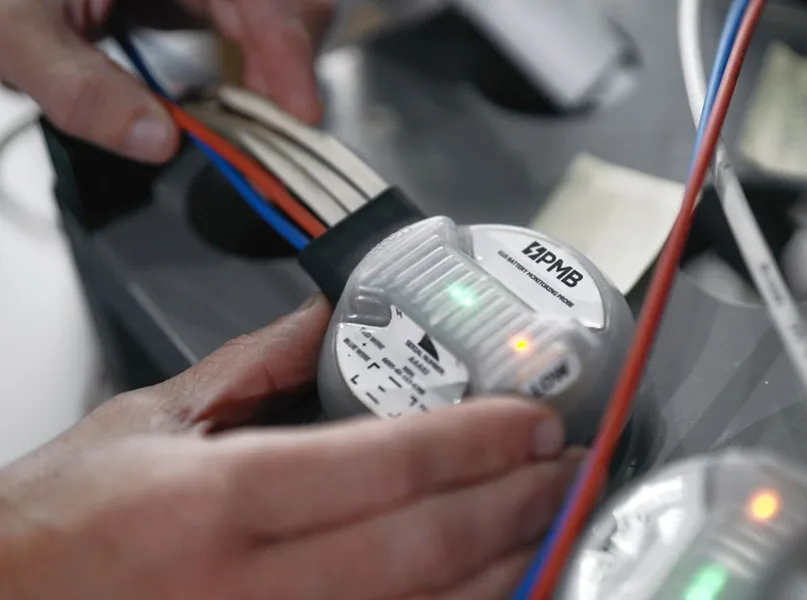
ENGINEERING EXCELLENCE
Focused on a ‘whole of system’ engineering approach in terms of the submarines it facilitates, PMB’s outlook is unusual and serves as a key differentiator.
To support its operations, the company has a broad spectrum of technical staff on hand, including both traditional chemists and chemical engineering experts.
PMB also employs a wide group of mechanical, electrical, electronic, and mechatronic engineers, a metallurgist, and even a physicist who collectively assist the manufacturing and system delivery process to provide better outcomes.
“Many of our technical and management staff have previously worked in the defence industry, which has translated into well-informed interactions with customers in the sector both in Australia and abroad,” Faulkner reveals.
The company’s widespread credibility, meanwhile, has helped it to acquire and retain the right customers over the years.
“The fact our services are so specific within the defence manufacturing domain has given confidence to our stakeholders that we are in it for the long haul,” he outlines.
As such, PMB’s overall value to Australia’s defence sector, specifically in terms of its niche submarine battery manufacturing capabilities, is second to none, supported by the long-standing trust it has gained from clients and its reputation for engineering excellence.
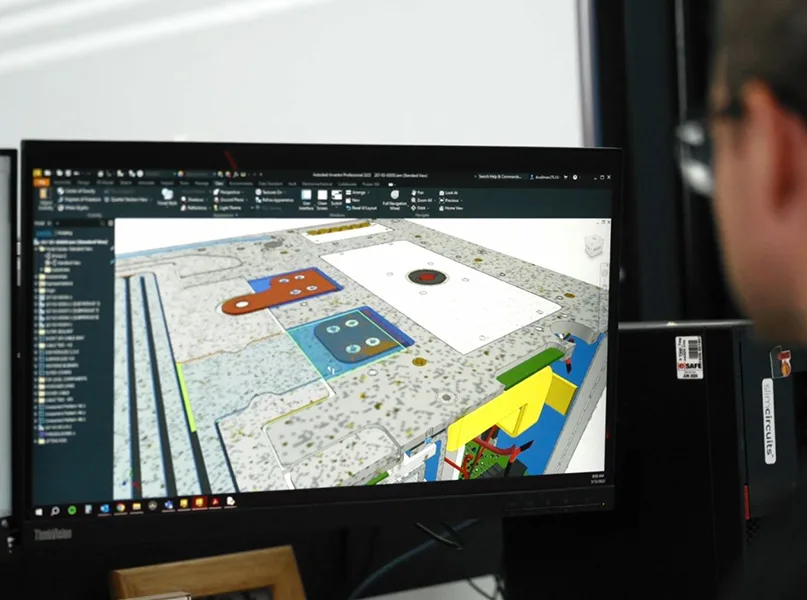
A WEALTH OF EXPERTISE
In addition to its prolific engineering abilities, PMB is proud to be involved in ongoing R&D initiatives to optimise submarine battery performance.
For over a century, the default battery for submarines has been lead-acid. Whilst not risk-free, management of this technology is generally well understood by stakeholders.
Moreover, new technologies such as lithium-ion have been explored over the past two decades, however, safety concerns have continued to make in-service use challenging and therefore rare.
“Back in 2018, we identified that NiZn may be a strong candidate for use in submarines due to its high energy potential and relatively benign failure modes when compared to lithium-ion,” Faulkner recalls.
Having successfully completed an initial study of the material, PMB has since translated this into a larger development programme that continues today.
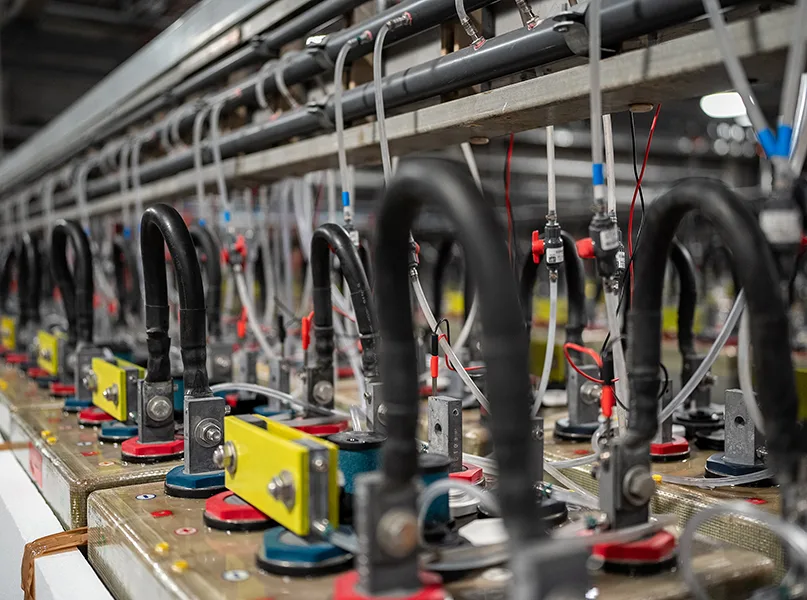
Elsewhere, battery management and decision support tools are a key focus for the company, especially since most in-service submarines have relatively poor monitoring of cell and therefore system health.
“We have products that provide excellent data, as well as a wealth of experience in the interpretation of this information,” he elaborates.
For PMB, expertise in this area is important as it recognises how small improvements in the understanding of battery status and management can have a material impact on the capabilities of a submarine.
“For example, whilst an extra hour travelling at four knots would result in a search area of approximately 107 square kilometres (sqkm), two hours at this speed would expand the area to approximately 707 sqkm,” he explains.
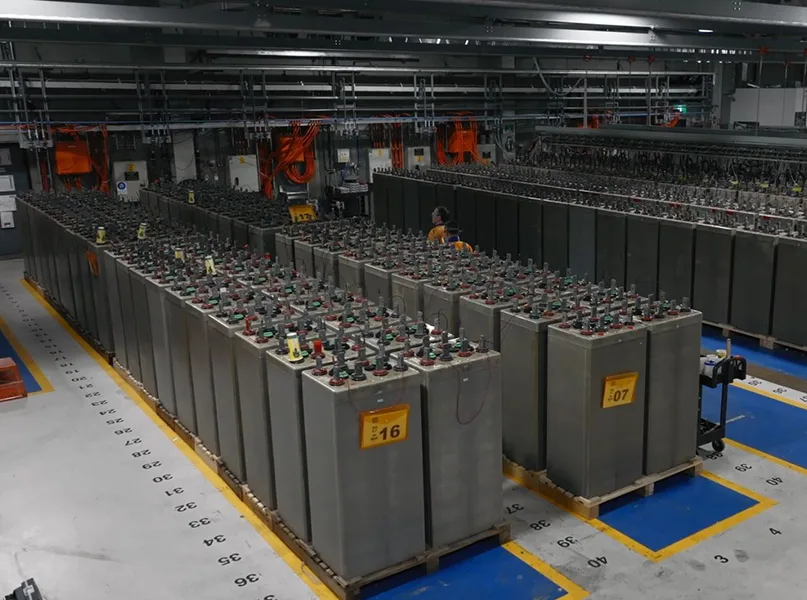
REFLECTING ON SUCCESS
As a smaller, product-based company, PMB is proud of the quality of talent that it continues to attract and its ability to keep them engaged.
“Our work is very hands-on, meaning that staff can see their fingerprints – sometimes literally – on the products and services we deliver,” Faulkner reflects.
This is not always the case when working within the wider defence industrial landscape, as bigger projects lasting many years with thousands of employees are not always able to provide staff with the same reward feedback.
As the unmanned underwater vehicle (UUV) and autonomous underwater vehicle (AUV) markets continue to evolve at a fast pace, PMB is engaging with potential new technology applications in this field, particularly in the UK.
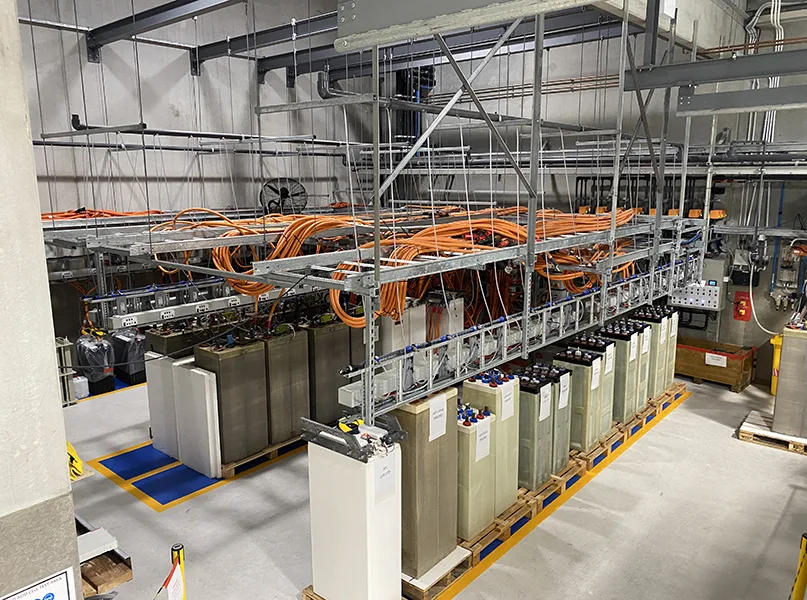
“We think we have both the product knowledge and industry expertise that would be applicable in these areas,” he confirms.
The company’s experience and understanding of the process involved in moving new battery technology from prototype to qualified, particularly in the submarine domain, is significant and not something that is well understood more broadly.
Reflecting on a successful year for PMB, Faulkner observes the significant volume of contractual deliveries as well as prospects that are coming to maturity.
“Progressing the technical maturity of a number of our products is a key focus, and success in this area will position us favourably for future growth,” he concludes optimistically.



